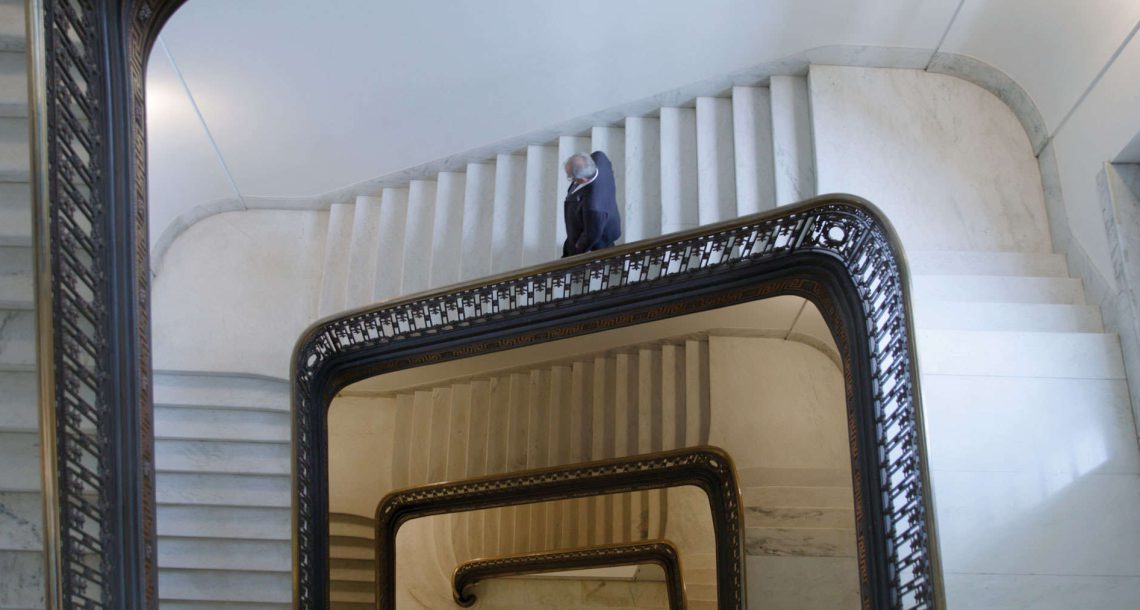Sunday | 25/5 | 15:00 | Cinematheque 2
Docaviv X Panels with filmmakers on filmmaking amid catastrophe
First panel | The Intangible Cinema Project
Filmmakers personally impacted by the events of October 7 will present excerpts from their work process and discuss the challenges of filmmaking amidst catastrophe: How does one film a reality that is still unfolding and changing, often rapidly and unpredictably? Is there room for some perspective on this reality? Will there ever be?
Moderators:
Shira Hebron – filmmaker
Shani Kiniso – film critic and researcher
Participants:
Eder Ayalon – filmmaker, producer, and animator. Her sister, Shira Ayalon, was murdered at the Nova party.
Michal Lavi – filmmaker and sister-in-law of Omri Miran, who is held hostage in Gaza.
Nadav Mashaly – director and head of the Ofakim Cinematheque.
Talila Frank – filmmaker and director from Kibbutz Re’im.
Roman Shumunov – director, screenwriter, and editor from Kibbutz Bror Hayil.
Second panel | Pushing the limits of compassion
Documentary cinema is uniquely suited for shaping relatable narratives that expand the viewers’ capacity for compassion. With the war now well into its second year and censorship becoming more and more stringent, is there room for work that seeks to look beyond the immediate trauma and overt pain, and explore more complex narratives using cinematic expression that challenges the viewer?
Moderator & Panelist:
Raffael Balulu – documentarian and Head of the Cinema Committee at the Pais Culture Foundation
Speakers:
Brandon Kramer and Lance Kramer – creators of Holding Liat
Irit Shemeret – Artistic Director and Head of International Relations at The New Fund for Cinema and Television
In collaboration with the Yehoshua Rabinovich Foundation for the Arts
About the Intangible Cinema Project
Established after October 7 by filmmakers who experienced the day’s events firsthand, this project aims to foreground the immediate importance of engaging with the horrific events of that Saturday within the Israeli cinematic landscape, in terms of content as well as production, and explore potential forms such engagement can take.
One of the project’s main goals is to provide a platform for creators who, like us, have experienced that day personally. Their stories, the images in their films, and their raw, painful authenticity should be the foundation for the cinema of the future: films that will address the horrific and unthinkable events that transpired on that Saturday and continue to unfold and resonate even now.
![]()







